Student Loans
Our blog is designed to provide information regarding some of the critical topics those with student loans must be aware of to be able to make educated decisions regarding their future.

Types of Financial Aid: What Needs to Be Paid Back
Going to college gets more and more expensive every year. Tuition, fees, books, housing, food, and everything else associated with the college experience keeps rising in cost. And unless your family is wealthy, you’re going to need some financial aid to pay for school. People always ask “do you have to pay back financial aid”, and the answer…
Continue Reading ->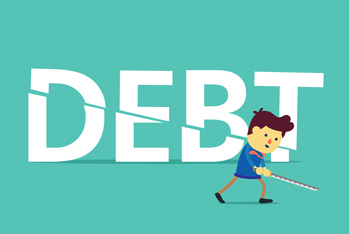
8 Tips on How to Pay Off Student Loans Early
Should You or Shouldn’t You Pay Off Your Student Loans Early? A life free of student loan debt may look very rosy, particularly since an average student graduating in 2016 had $37,172 in debt. The good news is that financing an education is well worth it for the vast majority of Americans. An analysis of U.S. Labor Department…
Continue Reading ->How Much Student Loan Debt is Too Much?
Over the past decade, one of the most resounding political and social issues in the United States has been the controversy surrounding student loan debt. While almost everyone agrees that student loan debt has grown out of hand in North America, you will find many differing opinions on what the solution to this problem might be. The biggest news…
Continue Reading ->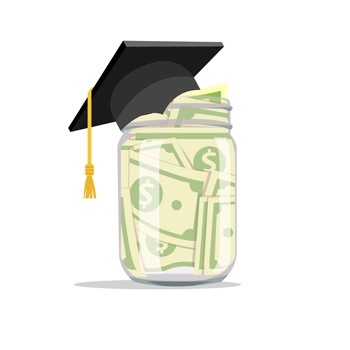
How to Know if You Qualify for a Tuition Waiver
Applying for a tuition waiver is becoming more and more of a necessity for students. The costs of going to college are at an all-time high with little sign that increases will abate. Americans are repaying $1.4 trillion in student loans. Tuition and fees for an average non-profit private four-year college were $34,740 in the 2017-2018 school year.…
Continue Reading ->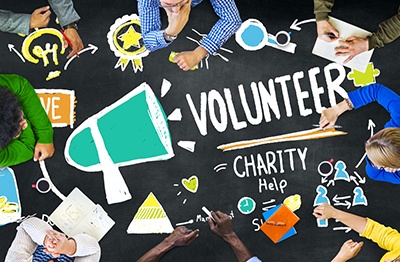
Peace Corps Loan Forgiveness Program
If you are looking to be a real-life hero and change the world through the Peace Corps program, or if you already served in the Peace Corps, you should know that your time served would qualify for loan forgiveness. While there is no actual Peace Corps Loan Forgiveness program, there are other federal programs that are available to…
Continue Reading ->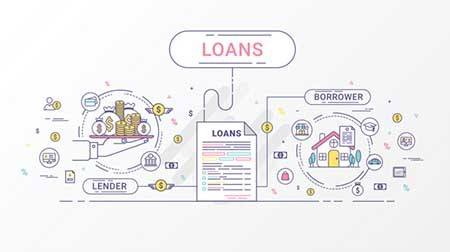
Student Loans & Capitalized Interest: What You Should Know
What is Capitalized Interest? Capitalized interest is the addition of any unpaid interest on your loan payment being added to the total principal balance of your loan. Loan payments are broken down into two parts, principal and interest. The amount of principal and interest for the payment depends on the length of the loan, the interest rate, and…
Continue Reading ->
What’s The Difference Between Subsidized vs Unsubsidized Student Loans?
To understand what the differences are between a subsidized vs unsubsidized loan, it important to know what the word subsidized or subsidy means. According to Webster dictionary, a subsidy is a sum of money granted by the government or a public body to assist an industry or business so that the price of a commodity or service may remain…
Continue Reading ->
Grace Period and How It Relates To Your Student Loans
When Referring to Student Loans What is a Grace Period A grace period is one term that’s provided for student loans that allow you to delay payments up to a certain length of time, without penalty. During a grace period no late charges would apply, and the loan would not risk falling into default for missed payments. The grace…
Continue Reading ->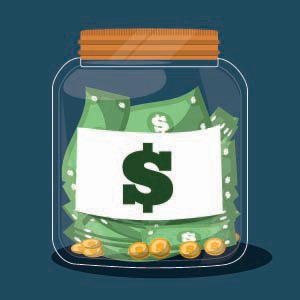
Discretionary Income – What it is and how to calculate it
Discretionary income is a term that is used a lot in regards to student loans. It’s used when calculating student loan payments under all of the income driven repayment plans. It’s also something that changes annually based on certain factors both within and outside of the borrowers control. It is important to understand what is discretionary income, how…
Continue Reading ->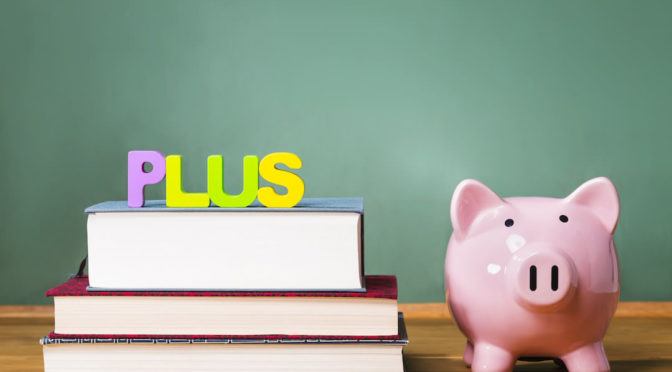
Parent PLUS Loans
What is a PLUS Loan? A PLUS loan is a type of federal loan that helps students supplement their financial aid. PLUS loans are intended to fill in the gaps where other sources of aid and family contribution fall short. PLUS loans can be used to pay tuition at qualifying universities, colleges, and career schools, and they can…
Continue Reading ->
